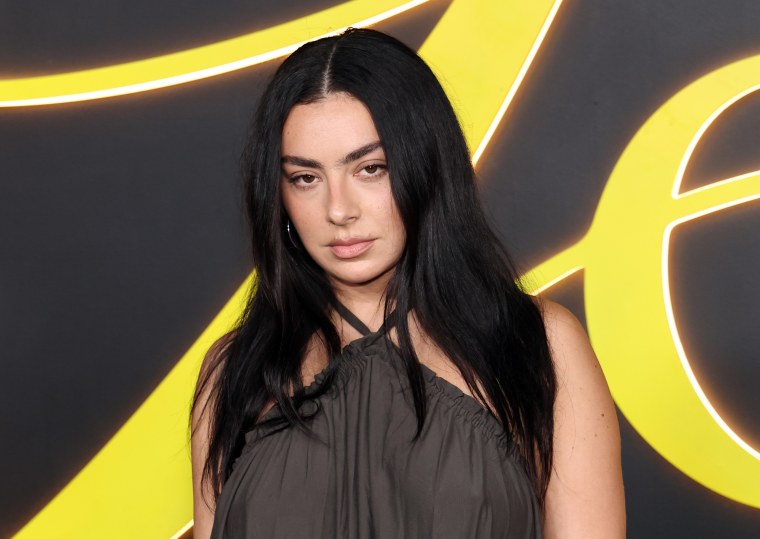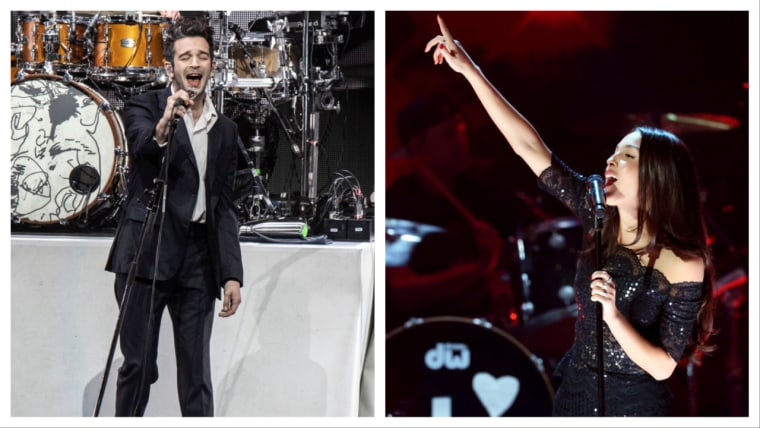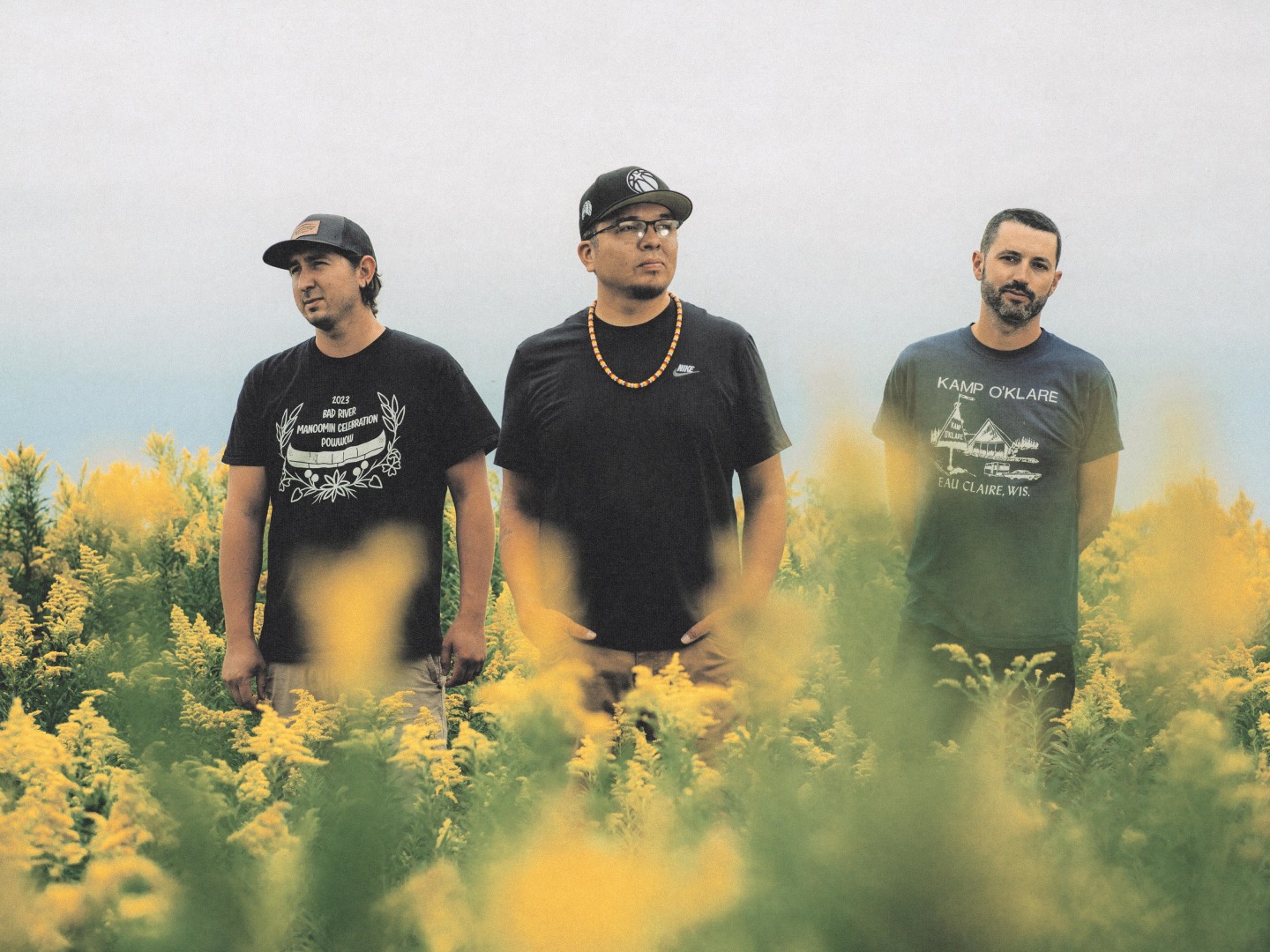Photo by Monica Schipper/Getty Images
A few weeks ago, when Charli xcx announced that she’d made a Substack, there was much speculation about what she’d be posting there. Would it be diary entries? Exclusive music? A look into her creative process? We still don’t really know for sure but her latest post, a long and candid essay peeking into her reality as a pop star — and what she thinks about it all — suggests that at the very least she’s going to get real.
Titled “The realities of being a pop star,” Charli xcx doesn’t mince words as she describes the contradictory nature of the gig, at once granting one access to some of the world’s most insane privileges and subjecting one to extreme scrutiny. She describes getting gifted free stuff, dining in the world’s most exclusive restaurants, the privilege and getting to hear and experience culture-shifting music early, before anyone else. “You get to feel special, but you also have to at points feel embarrassed by how stupid the whole thing is,” she writes.
The unseen sides to the job, according to Charli, are much more unglamorous and absurd. She describes the various “soulless… liminal spaces” one has to be stuck in for periods at a time to get to the next part of the job — waiting at airports, buses, trains, and underneath a stage. But this still is fairly inoffensive compared to the more insidious side to the gig that’s dealing with public perception.
From Chappell Roan’s infamous rant to Free Britney, this side of pop stardom has become more of a discourse topic in recent years. Charli adds her sobering perspective to the conversation: “Another thing about being a pop star is that you cannot avoid the fact that some people are simply determined to prove that you are stupid,” she writes. She takes on sociological tone at one point, trying to unpack why online trolls, and even some real life people, become so triggered by pop stars when these singers are simply a product or marketing, strategy, and packaging, and presentation. At the end of the day, she concludes, it’s just plain old misogyny. “We are still trained to hate women, to hate ourselves and to be angry at women if they step out of the neat little box that public perception has put them in,” she writes.
The last bone she has to pick with pop stardom is the moral responsibility the public has now placed on those who have the job, because: “All my favorite artists are absolutely not role models nor would I want them to be.” The point of being a pop star, she adds, is to not be ethical bastions of moral good.
“That’s the point, that’s the drama, that’s the fun, that’s the FANTASY.”




